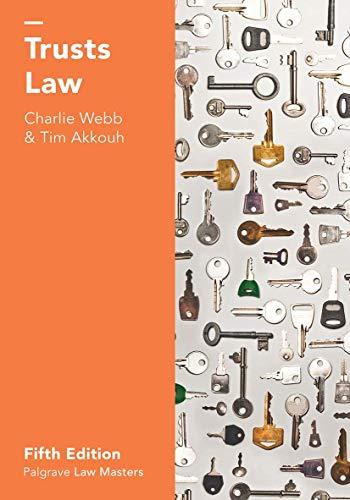Answered step by step
Verified Expert Solution
Question
1 Approved Answer
In a 1964 landmark case, the Supreme Court examined an argument stemming from an allegation that a hotel owner violated of the Civil Rights Act
In a 1964 landmark case, the Supreme Court examined an argument stemming from an allegation that a hotel owner violated of the Civil Rights Act of 1964 by refusing to rent rooms to African Americans. Which of the following statements about the case is true? Group of answer choices In Wickard v. FilburnLinks to an external site., the Supreme Court held that a significant expansion of Medicaid in 1964 was not a valid exercise of Congress's spending powerLinks to an external site. as it would coerce states to either accept the expansion or risk losing existing Medicaid funding. The case was Lawrence v. United States, and it represents the first time the Court justified and upheld a law based solely on Congress's taxing power, explaining that the regulatory scheme Congress had enacted actually exceeded its Commerce Power. In Heart of Atlanta Motel v. United States the Supreme Court held that the Commerce Clause gave the U.S. Congress power to force private businesses to abide by the Civil Rights Act of 1964, which prohibits discrimination in public accommodations. The case was Heart of Atlanta Motel v. United States, the Supreme Court explained that Congress's taxing power, its commerce power, and its power under the "Elastic Clause" combined to create a new "federal police power over civil rights issues" that justified the prohibition of discrimination in public accommodations
Step by Step Solution
There are 3 Steps involved in it
Step: 1

Get Instant Access to Expert-Tailored Solutions
See step-by-step solutions with expert insights and AI powered tools for academic success
Step: 2

Step: 3

Ace Your Homework with AI
Get the answers you need in no time with our AI-driven, step-by-step assistance
Get Started


